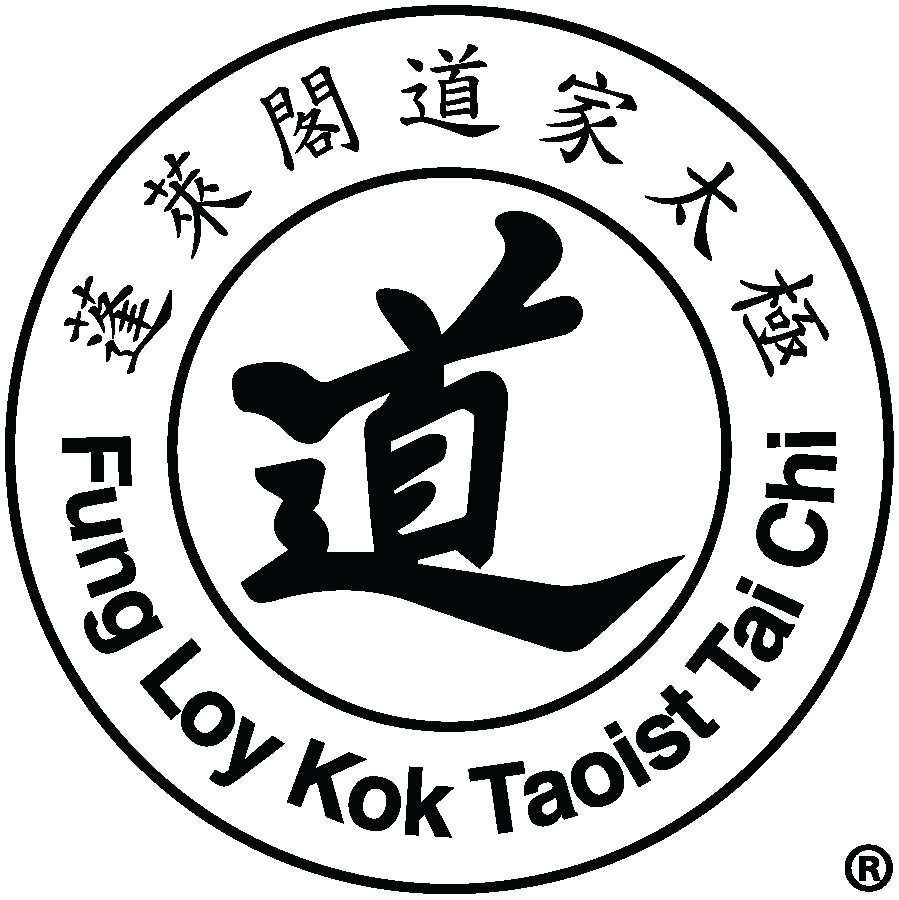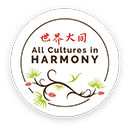For those of us who have health conditions that give us chronic pain, we often hear ‘you have to learn to accept this’, ’well get over it’, or ‘don’t let your condition define you’. Hearing these phrases, (which usually come with no further deeper insights or explanations), when you are in unrelenting pain are triggers that cause bitterness, anger, and depression, as well as a deepening a sense of failure and increasing anxiety.
The result is people shut down and stop listening or participating. Many people who suffer from chronic pain conditions, just want relief from the pain and are not helped by a simple catch phrase; people with chronic pain need tools, and the understanding of how to use these tools, to help themselves. All people with chronic pain suffer at some level from anxiety and worry. The tools that reduce pain also reduce anxiety. The practice of the Taoist Tai Chi® arts addresses both perfectly. So what do we say?? How do we convey this understanding and help new people coming in to trust the process?
I think the first thing that needs to be said is that acceptance is not resignation.
We are not using the standard definition of acceptance which many understand to mean ‘just give up- this is your life from here on in’. We are not saying you must be resigned to this life of pain. Instead we asking people to understand that acceptance is looking at your condition and acknowledging that what you have done so far hasn’t worked; that by trying to focus on the short term, which for many of us is simply getting some relief from pain, might make you lose in the long term.
One example, is putting trust in a medication that relieves pain in the short term but gives terrible side affects in the long term. I am not saying that medication does not have its place. Many people must take daily medication to live, and shouldn’t be made to feel lesser because of it. Medication can be a good tool, but shouldn’t be the only tool.
This brings me to another aspect of our practice – the practice of self reflection. This helps us understand ourselves so much better. It helps us acknowledge when we may be looking for a quick fix – when what we really need is to make a change in our lifestyle. This is quite a different thing and quite a different relationship to have with medication, our health providers, our lifestyle choices and the other tools that help us live longer and live well.
I believe our practice invites us to take responsibility on a deeper level for our own health, which in turn makes us better patients for our primary health caregivers. They become part of our team, and as we take responsibility and become more empowered, we relieve some of their burden as well. I think this may have been the first lesson the directors gave us at the very beginning of COVID. Such an important message to share with participants.
I have been thinking a lot lately about the benefits that my practice has given me, and how to help others find these benefits for themselves. Preparing to welcome newcomers has really got me examining just what I can say to help people understand that these benefits come with a long-term commitment, and to not worry about learning the moves in the short term. Worry and anxiety take such a huge toll on our health and well-being, and worry is so universal… I doubt there is anyone in the world who can say they have never worried about something. Many carry chronic worry for years; little wonder that our mental, spiritual, emotional and physical health diminishes, particularly as we age.
Investing time in learning Taoist Tai Chi® arts, is beginning the journey for controlling the pain/anxiety cycle and bettering every day life in the long term. I think newcomers need to understand that their investment in time, their patience in persisting with something that may not give results immediately, is going to give them control over their health in ways they never could’ve dreamed. Sadness and anger are the friends of chronic pain; many, many chronic pain suffers take medications to also control their anxiety and depression which comes as a result of pain… pain which is constantly telling the brain ‘you are in danger!’
Our brains are hardwired to understand that pain is dangerous to our very life. Our brains go into a fight or flight mode which floods our bodies with hormones and chemicals, triggering anxiety which then feeds our pain. The cycle is endless and debilitating. What better tool than a system that addresses mental, emotional and physical pain? I am thinking that helping people understand the long-term gain that practising Taoist Tai Chi® arts will give them… well that is something to talk about! They need to hear words like ‘make it a habit’, ‘take control of your pain’, ‘this is a tool you can trust’, ‘this practice will not let you down’, ‘consistency of practice plus time is a formula for decreasing your pain’. It is putting power back in the hands of pain suffers who have been in a state of anxiety and loss for many years.
People who are already anxious and acutely sensitive due to chronic pain, will pick up on any worry or perceived judgement from us immediately. I have been thinking about how our positivity and the simple joy we take in our practice is the first step to interrupting the pain cycle in our participants. When we ask our participants who suffer chronic pain how they feel at the end of a session, and they reply, usually with a bit of surprise, that they feel better, we can plant the seed for how they can have give themselves the gift of this short term pain relief with daily practice on their own at home. Why wouldn’t you want to feel better every day and not just on the days when you attend a session?! We can help them understand that they may have setbacks, but if they trust in the process, they will come to understand that they are training their brains to learn that the pain they feel is not life-threatening. This will cut the flight or fight dynamic; there will be a reduction in that horrible state of chronic anxiety.
We are asking our participants to step into a daily practice that will teach their brains how to manage chronic pain, (whether it is mental, emotional or physical), which will in turn result in a better quality of life. Better function comes before pain reduction, and so we must be prepared to reassure our participants that with persistence of practice and with time, they will feel better. I think I can testify that you can have daily pain and have a good life as well, if you develop a consistent personal practice.
I may accept my pain, but I am not resigned to it!

